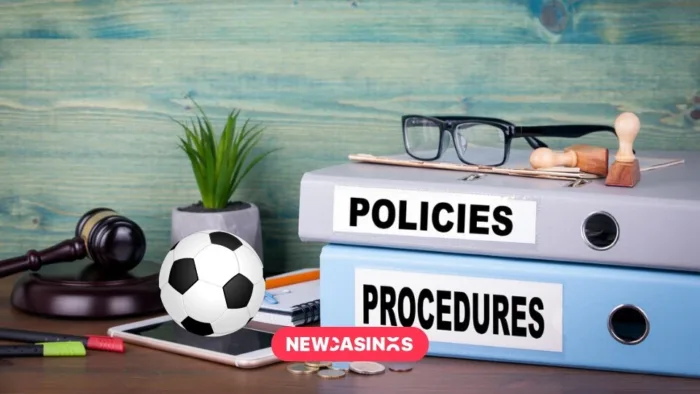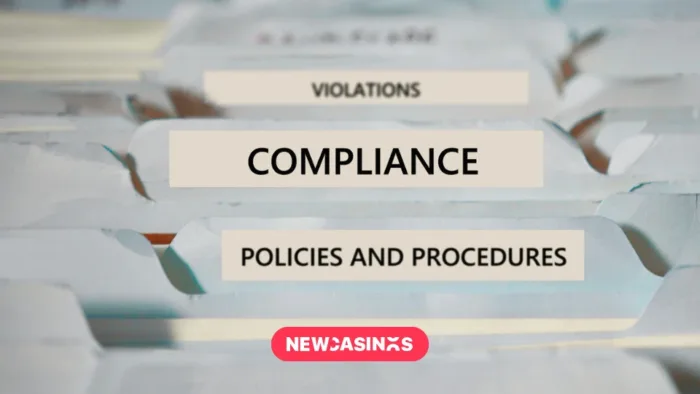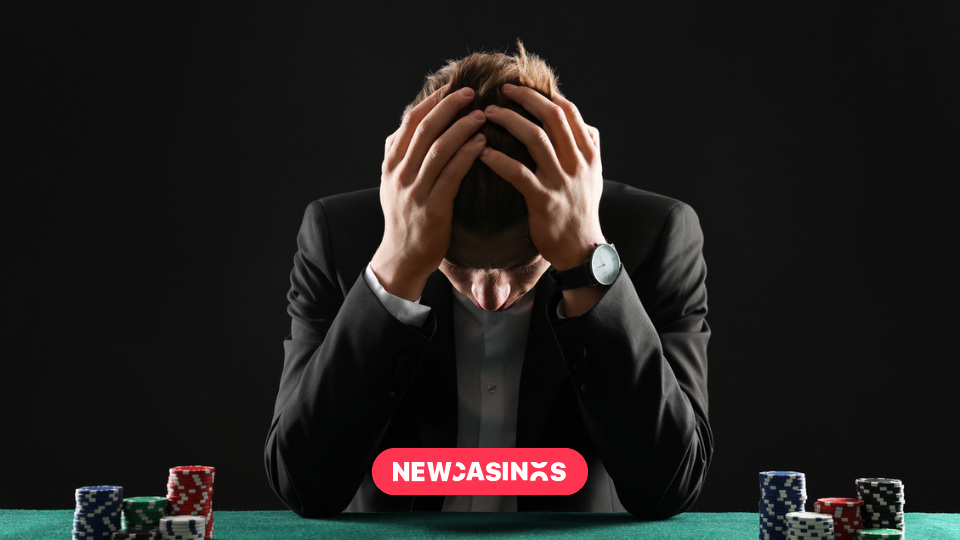Understanding Self-Exclusion Systems
Self-exclusion enables players who have identified issues with their gambling to effectively ban themselves from online casinos, which will prevent them from continuing to play. Players voluntarily register and are then unable to create new accounts or make any deposits at casinos that are integrated into the system.
There are various ways you can choose to self-exclude, depending on whether you opt for operator exclusion or regulatory exclusion, and based on the time period you choose. Shorter periods of time (generally 48-72 hours) are referred to as “cooling off periods”, however you can self-exclude for months at a time and even request a permanent self-exclusion.
The system you register with will affect the extent of your exclusion. You can self-exclude from a single operator, so all casinos under their ownership will be off limits, or you can use a multi-operator system to expand the scope of your suspension. National systems provide the widest reach and are often the favoured choice to prevent recidivism in addicted players.
Not all national systems are created equal. There are different criteria that make systems more or less efficient at protecting players. Factors include how easy the system is to access, its reach, how the exclusion is enforced, and further support services that are included.
United Kingdom: The GAMSTOP Model
GAMSTOP is the United Kingdom’s national self-exclusion scheme. Once a player has registered they will be unable to access any online casino available in Great Britain for the duration of their exclusion. GAMSTOP has a very comprehensive database that covers all UK-licensed operators so players only have to go through the process once.
In 2024, GAMSTOP reached a record amount of new registrations, with over 530,000 UK residents on the list by the end of the year, equating to over 1% of the adult population. GAMSTOP has been found to be highly effective, with multiple studies indicating 75% of users no longer participate in online gambling.
There are many features that have made this system effective at protecting players from falling back into bad habits. GAMSTOP doesn’t offer short-term exclusions. Their minimum period is six months to encourage users to take a long break. At the end of the chosen exclusion period, players have to contact GAMSTOP directly in order to get their details removed; otherwise, their period will be extended.
As part of the registration, users are required to verify their identity with an official form of ID, adding an extra layer of security so that users can’t simply create a new email to keep playing. All casinos licensed by the UK Gambling Commission are required to join GAMSTOP as part of the terms of their licence, so this system is fully integrated with various casino operator systems.
All of these aspects create a highly efficient online exclusion tool. However, GAMSTOP exclusions only apply to online gambling. By integrating land-based casinos into their system, GAMSTOP could expand their reach significantly and vastly reduce the harm that can be caused by problem gambling.
GAMSTOP has recently appointed a new Chair, former MP Chris Pond, who has pledged to integrate in-person casinos and bookmakers. He wants to make self-exclusion a key focus of the national gambling harm strategy and has outlined plans to facilitate a collaboration between GAMSTOP and Moses, the self-exclusion scheme for physical betting shops in the UK.
European Union: Diverse Approaches
Across the EU, there are diverse approaches when it comes to self-exclusion schemes. Online gambling is a rapidly evolving industry, and countries have taken different measures to react to these constant changes and focus on maintaining player safety.
Following a 2021 mandate, all licensed online gambling operators in Germany must be a part of OASIS, the nation’s centralised self-exclusion scheme. As part of this mandate, all online casinos are required to have an immediate 24-hour self-exclusion button available on all of their pages. Making self-exclusion an easy option for players inevitably leads to an increase in use, and since this ruling, almost 350,000 users have reached out to OASIS for support.
Online gambling is a growing industry in the Netherlands, with more and more sites applying for licences from the Kansspelautoriteit (KSA) every year. The KSA requires all licensees to be linked to the Centraal Register Uitsluiting Kansspelen (CRUKS), the national self-exclusion database. The CRUKS uses a code-based system, where all players are assigned a code that they must use when registering at a new casino. All casinos are required to check this code against the CRUKS database to determine whether the player has a self-exclusion in place and must therefore be denied access to the site.
In Sweden, the Spelpaus self-exclusion service was introduced in 2019 to provide support to players who felt their gaming habits were putting them at risk. The minimum self-exclusion period is one month and it cannot be cancelled or reduced before the end of the period.
While many European countries have excellent national regulatory bodies, self-exclusion in one does not necessarily carry over into another. For example, online casinos licensed by the Malta Gaming Authority (MGA) are not required to comply with GAMSTOP. Using self-exclusion registers in combination with third-party blocking software is the most effective way to protect yourself at foreign online casinos.
Gambling authorities in some European nations, such as Belgium and Germany, are able to enforce self-exclusion registers in online and land-based casinos. This is a great strength, but imposes a complex task on operators.
North America: State and Provincial Systems
In North America, online gambling laws vary by state. Smaller jurisdictions mean that they are easier to enforce effectively, but this system presents unique challenges. Typically, players have to contact their state’s gaming commission to self-exclude. In New Jersey, users can add themselves to the exclusion register for all iGaming and sports wagering with a couple of clicks.
Conversely, some states have no statewide programme for self-exclusion. Users in Nevada can only request to self-exclude through individual operators. This approach shifts responsibility to the consumer to protect themselves – this will generally be less effective, especially in cases of problem gambling.
Technological advancements are exponentially improving self-exclusion. Individuals can be removed from iGaming-related marketing lists, reducing potentially harmful exposure. Some organisations, such as the National Voluntary Self-Exclusion Program (NVSEP), are building an inter-state self-exclusion register. So far 19 states support NVSEP, with more to be added in the future.
Self-exclusion in Canada, similarly, is governed by province and can be enacted by contacting your respective government’s gaming authority. These restrictions are not effective on online casinos that aren’t regulated by a provincial government, so are best used in combination with third-party blocking software.
Other Global Approaches
Some governments have managed to execute effective self-exclusion programmes on a national level. The Australian BetStop registry restricts users from all licensed online gaming activity from between three months and a lifetime. In order to be removed from the register, users have to confirm they have received advice from a qualified medical professional regarding their decision.
The New Zealand Government is in the process of revising legislation concerning online gambling with the intention of reducing gambling harm. The system currently relies on individual operators, but the Problem Gambling Foundation of New Zealand provides counsel for anyone affected by gambling.
Newer gambling jurisdictions are approaching the subject of self-exclusion differently. In many countries such as Singapore and Malaysia online gambling is banned. As a result of this, consumer protections are almost non-existent and black market gambling is, unsurprisingly, non-compliant with self-exclusion registries.
The Philippine Amusement and Gaming Corporation (PAGCOR) has established their expectations of responsible gaming, encompassing self-exclusion policies. The recent establishment of the PlaySafe Alliance, an organisation of 19 operators who promote responsible gambling, shows that player protections are heading in the right direction.
The legal status and regulation of online gambling vary greatly across African countries. Typically, users must contact individual operators to request self-exclusion. In countries where online gambling is unregulated, such as South Sudan, there is less scrutiny on operators to ensure self-exclusion is enforced to meticulous standards.
WHO advises new gambling jurisdictions to enforce mandatory limits on gambling. Alongside self-exclusion they suggest universal pre-commitment, which requires users to set limits on the amount of time and money they can spend gambling.
Effectiveness Analysis and Best Practices
The effectiveness of self-exclusion systems relies on data availability and widespread enforcement. AI-assisted monitoring could allow for more accurate tracking and eliminate the margin of error where operators allow users to create multiple accounts.
Working alongside national support services will increase the effectiveness of self-exclusion. If all users had access to counselling or financial advice, there would be fewer instances of problem gamblers actively evading restrictions using VPNs or black market casinos.
Trying to circumvent self-exclusion registries such as GAMSTOP can carry serious repercussions. Violations are detected by cross-referencing databases with documents requested through Know Your Customer (KYC) checks.
Many players are critical of self-exclusion in its current state. However, people nearly unanimously agree that it’s necessary. Studies show that although there are many limitations to self-exclusion, it is generally viewed as an effective responsible gambling strategy. Improved awareness would help direct those in need to this potentially invaluable resource.
Discover the Latest Casino News






